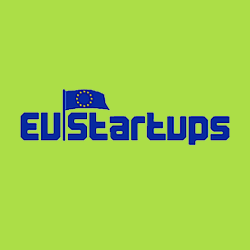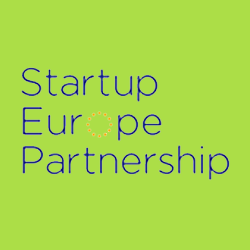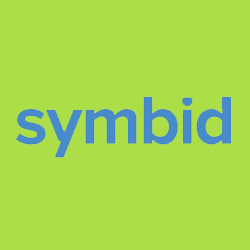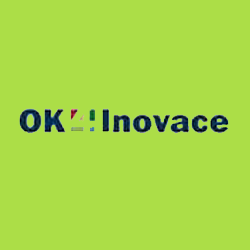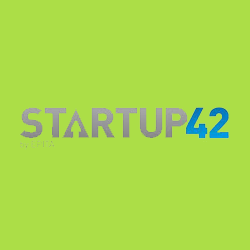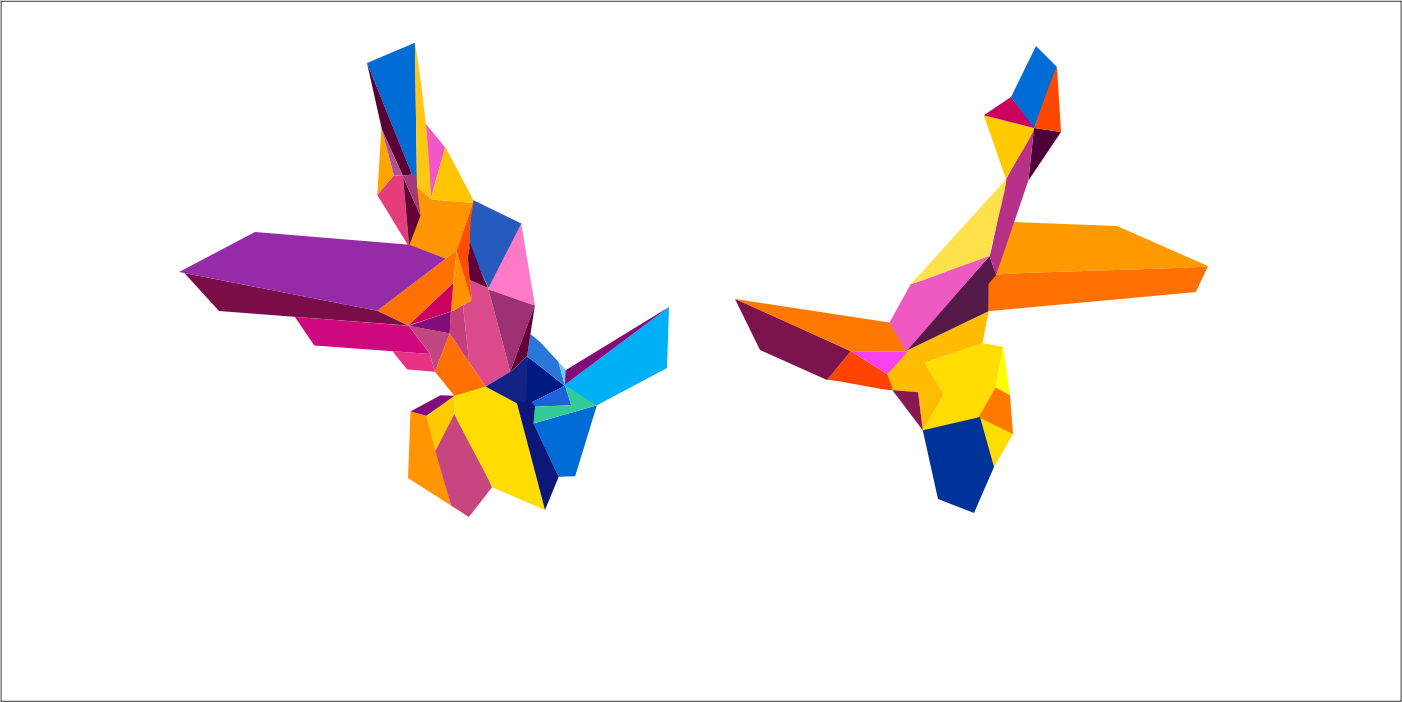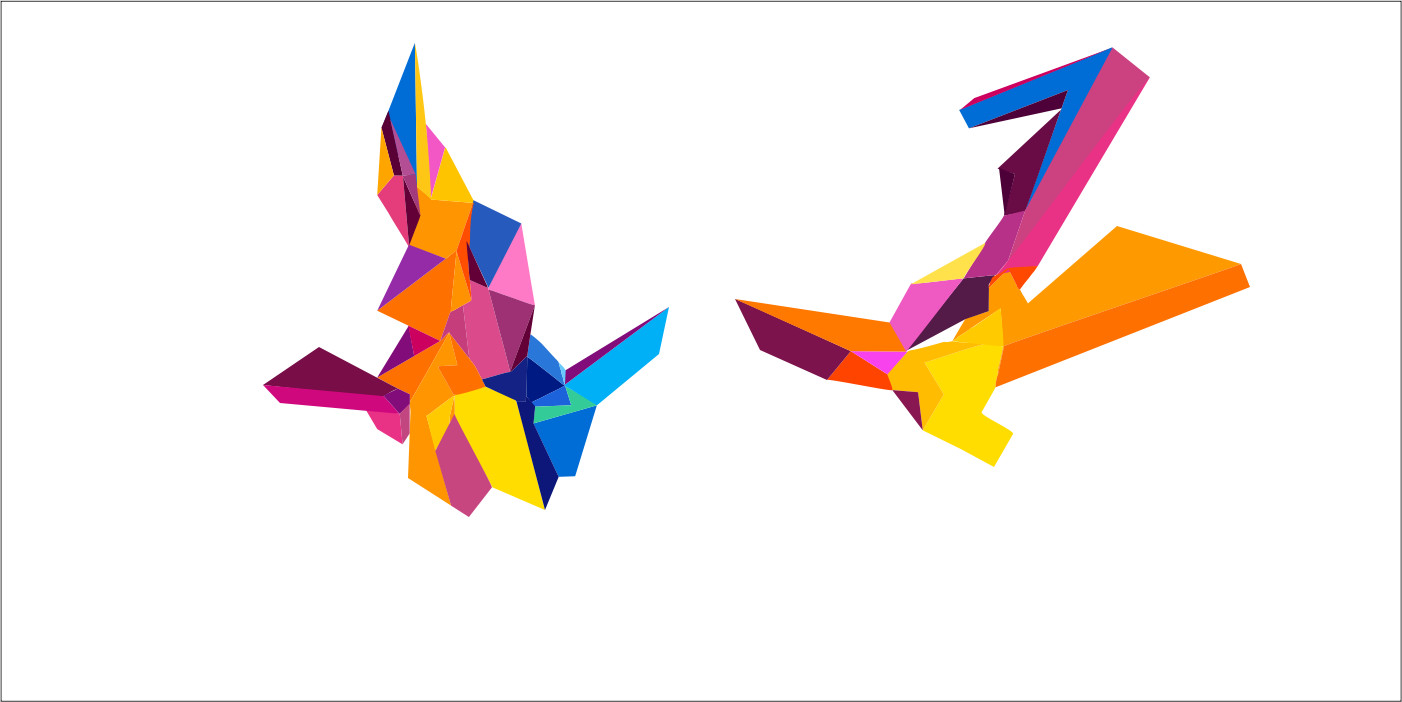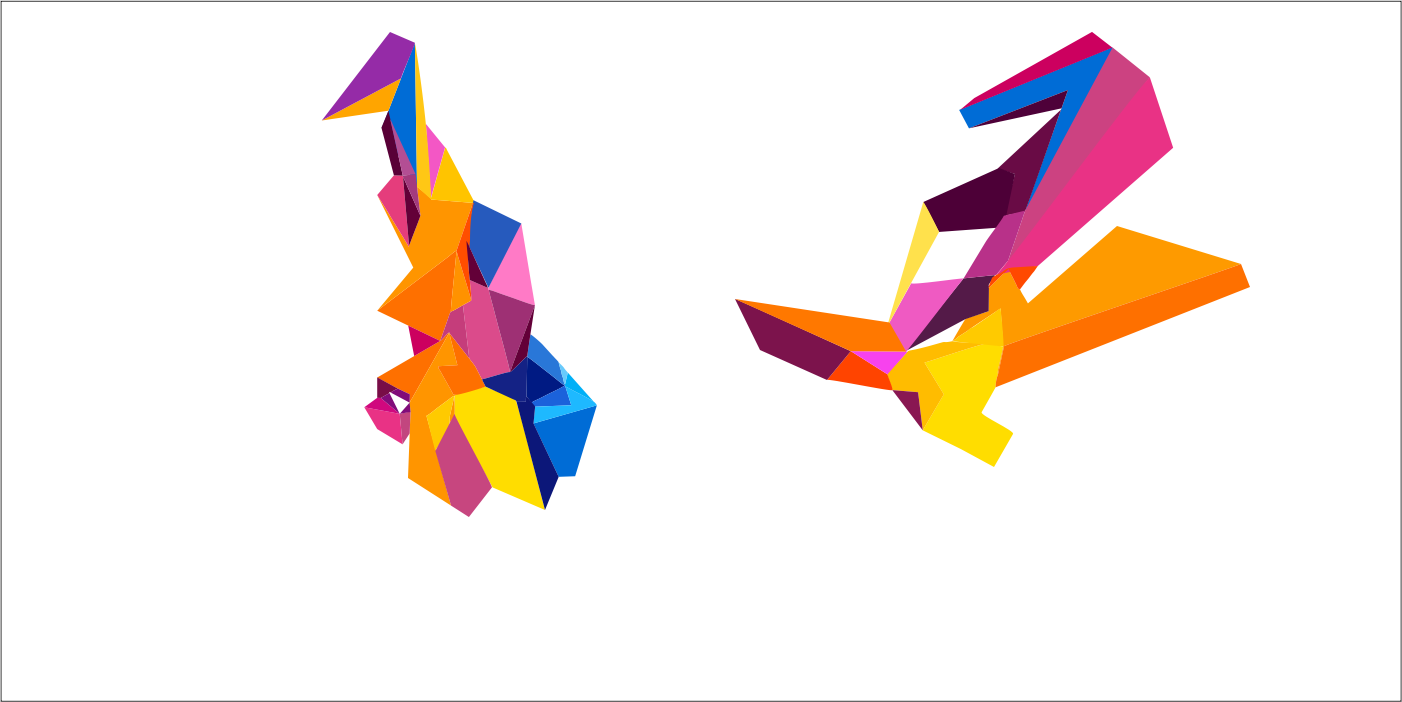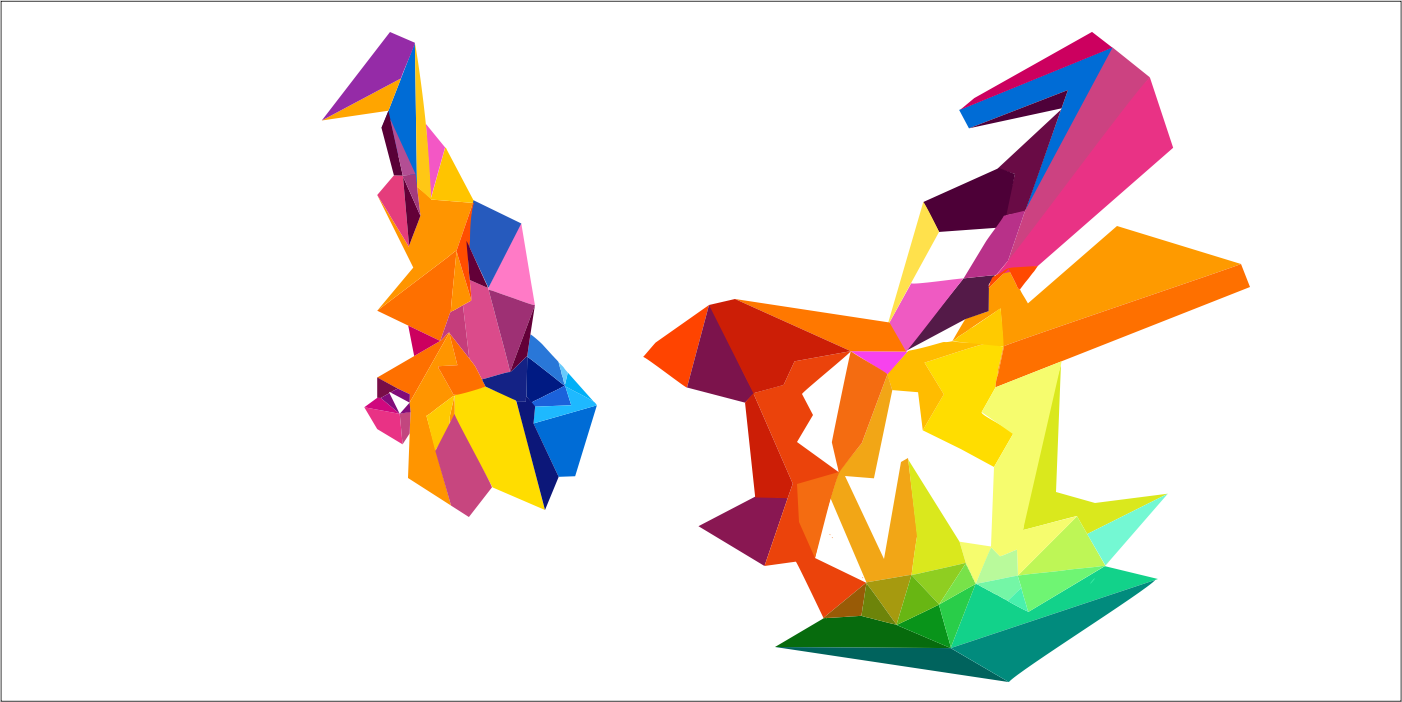SAS v WPL – programming languages not protected by copyright
UK’s High Court handed down its decision in SAS Institute Inc. v World Programming Ltd in which it applied the CJEU’s decision about which aspects of a computer program may be protected by copyright.
In 2012 responding to the High Court’s questions on the interpretation of the Software Directive and the Information Society Directive, the CJEU held that:
– the functionality of a computer program, programming languages and the format of data files used in a computer program cannot be protected by copyright;
– users may observe, study or test the functioning of a program in order to determine the ideas and principles which underlie that program, notwithstanding contractual restrictions imposed by the owner of the program; and
– reproduction, whether in a computer program or in a user manual for that program, of certain parts of the user manual for another computer program may constitute infringement of copyright subsisting in that manual.
The High Court, when the case was referred back to it, compared a programming language with a conventional spoken/written language concluding that:
“…the language is the material from which works (including dictionaries and grammars) may be created… Programming languages such as the SAS Language are no different in this respect.”
When considering the originality of a programming language the “intellectual creation” test was used, rather than the “skill, labour and judgment” test. Assuming a computer language is not a computer program, this implies that the test for originality is now harmonised for all works rather than just for computer programs, databases and photographs.
In summary, according to the decision the functionality, the programming language and the data file formats of a computer program are not protected by copyright.
Please follow this link to the full article on The 1709 Blog



